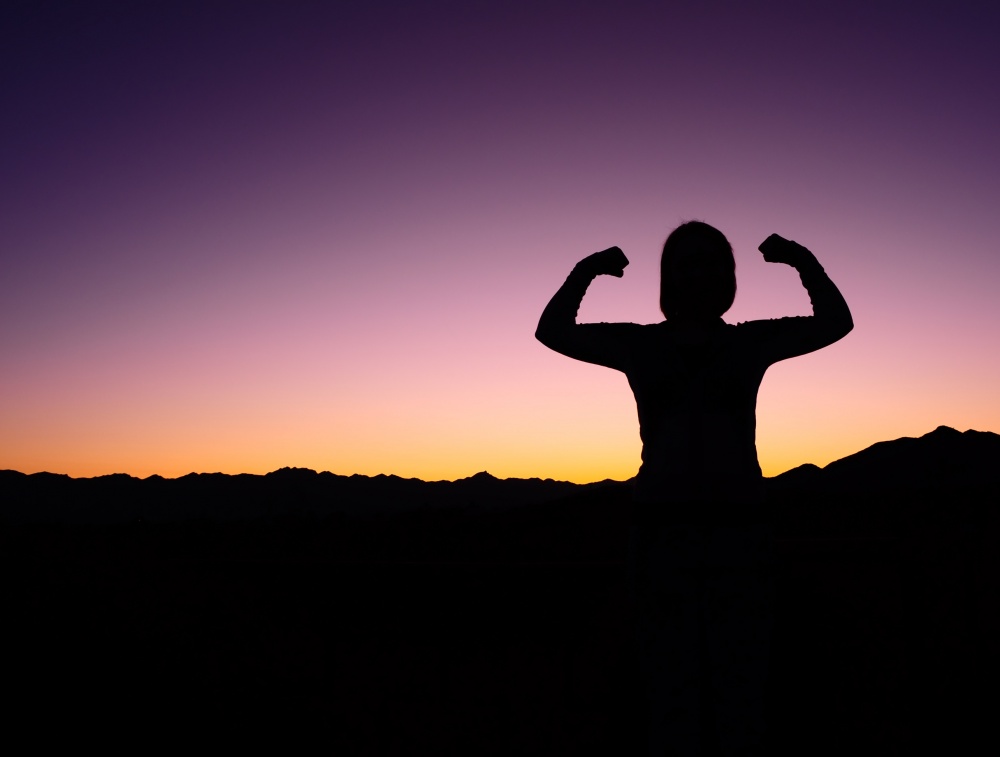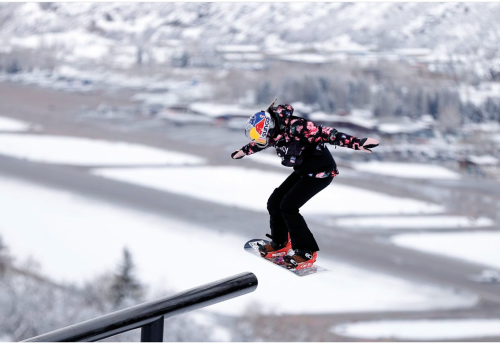Wellness Through Winter

When it’s dark outside and the temperature drops to freezing (or below), the temptation to hibernate until spring is strong
Embrace the Cold
The new cryotherapy craze endorses the fact that lower temperatures induce the flight-or-fight reaction, releasing powerful hormones including feel-good endorphins and kick-starting your adrenalin. It may sound counter-intuitive when the forecasters are predicting -5 degrees outside, but turning your heating down, even just a few degrees, will make you feel better in the long run. Whilst siting in a cold cryotherapy tank promises many health benefits, including pain relief, improving eczema and weight loss, being blasted by vapour at -120 degrees may not be very appealing. Turning your shower to cold for the last few seconds every time won’t lead to weight loss, but it will make you feel more awake and focused.
Don’t be SAD
A lack of sunshine, or even proper daylight on really dreary days, can leave you feeling blue and can lead to Seasonal Affective Disorder (SAD) – a more serious form of winter blues. A dose of daylight is vital for mental health and wellbeing. It helps the production of melatonin, the hormone which helps you sleep; serotonin, the hormone that effects your mood; and it helps regulate your body’s internal clock, as your body uses natural daylight to regulate important functions, including when to rise and shine and when to sleep. Other things you can do to combat winter-weary days include making your home and work space as light as possible and taking regular exercise. Serious SAD sufferers should consider light therapy, which simulates sunlight.
Do You Need D?
A low mood over winter can often be associated with a lack of Vitamin D. Known as ‘the sunshine vitamin’, Vitamin D is produced by the body in response to skin being exposed to sunlight, and many of us can suffer from a Vitamin D deficiency during the winter, and be aware that with age the kidneys find it even harder to convert Vitamin D into its active form. Symptoms can be minimal, but it does contribute to low mood and a host of other health problems. Available as a supplement, it also occurs naturally in egg yolks, some fish and in fortified grains, but consider combining it with zinc, an essential trace element that can help target fatigue.
Doing it in the Dark
There is no doubt exercising can be harder when the days are so short. Running in the dark, or even turning out to the gym when it’s cold and miserable becomes more of a challenge. That’s why joining a team or buddying up with a friend helps you stick to an exercise regime when really you just want to curl up by the fire with a glass of wine. The commitment to doing something with someone else means you are less likely to cancel a class, or roll over in bed instead of pulling on your trainers. Joining a Park Run is a perfect example of community training, keeping you motivated whatever the weather. Running in the dark is becoming increasingly popular and organised night races are one way of getting over the fear (or anti-freeze) factor which deters many from taking up the challenge.
Doing it in the Dark
There is no doubt exercising can be harder when the days are so short. Running in the dark, or even turning out to the gym when it’s cold and miserable becomes more of a challenge. That’s why joining a team or buddying up with a friend helps you stick to an exercise regime when really you just want to curl up by the fire with a glass of wine. The commitment to doing something with someone else means you are less likely to cancel a class, or roll over in bed instead of pulling on your trainers. Joining a Park Run is a perfect example of community training, keeping you motivated whatever the weather. Running in the dark is becoming increasingly popular and organised night races are one way of getting over the fear (or anti-freeze) factor which deters many from taking up the challenge.
Wear it Well
In reality there is no such thing as bad weather, just bad equipment. From sweat-wicking wear designed to keep you warm, to compression tights to help with circulation, choosing appropriate clothing and footwear will make an enormous difference to how you feel and how long you can stay outside. Investing in a wind-blocking waterproof layer will make walking or running less of a battle. Gloves are also a good idea, as is something to keep your ears warm. Hand and heads which are warm when you begin can, in contrast to your rising body temperature, become colder and colder as the blood is diverted to parts which need it more urgently.
Front Load Your Workouts
Research shows that if you start the week with a workout you are more likely to do more during the rest of the week– especially in winter. It is harder to get motivated the later you leave it, and by the end of the week many of us are distracted by social engagements and work overload. By getting your exercise in early, you not only stay more motivated but you stay healthier. Little and often is a great way to approach the busy festive season, but make sure you plan your exercise properly. It doesn’t have to be a full hour in the gym – a brisk walk or concentrated 15 minutes of full-on yoga or pilates at home can work wonders. Just make sure you have your mini-workout planned so there’s little excuse not to get down to it quickly.
Don’t Be Water Bored?
You may not feel as thirsty in winter but central heating and lots of alcohol all contribute to dehydration. You need to stay hydrated in order for your body and brain to function effectively. Symptoms of dehydration include tiredness, feeling lightheaded, dark pee and a dry mouth. Tea counts, but water is better. Keep a bottle or thermos on your desk or to hand around the house as a reminder. Warm water is thought to be better for the digestive system than cold as it increases blood circulation. Get into the habit of drinking a mug of hot water (with optional lemon) when you wake and take the same to bed at night. And remember it’s easy to confuse thirst with hunger – so staying properly hydrated will stop some of that dangerous snacking.
Cold Comfort
Colder weather tends to mean we crave comfort food, but eating healthily can still be comforting. Studies show a natural decrease in feel-good dopamine and serotonin in the winter which means we are more susceptible to craving sweeter things to combat tiredness. It’s important to balance blood sugar. A protein-packed breakfast will help to keep energy levels up during the day, and upping levels of Omega 3 can help with low mood. Winter is a great time to bring out the slow cooker. Soups and stews are both nourishing and comforting, and by prepping in advance you can help avoid prolonging the dangerous post-work/early evening wine and snacking scenario.







